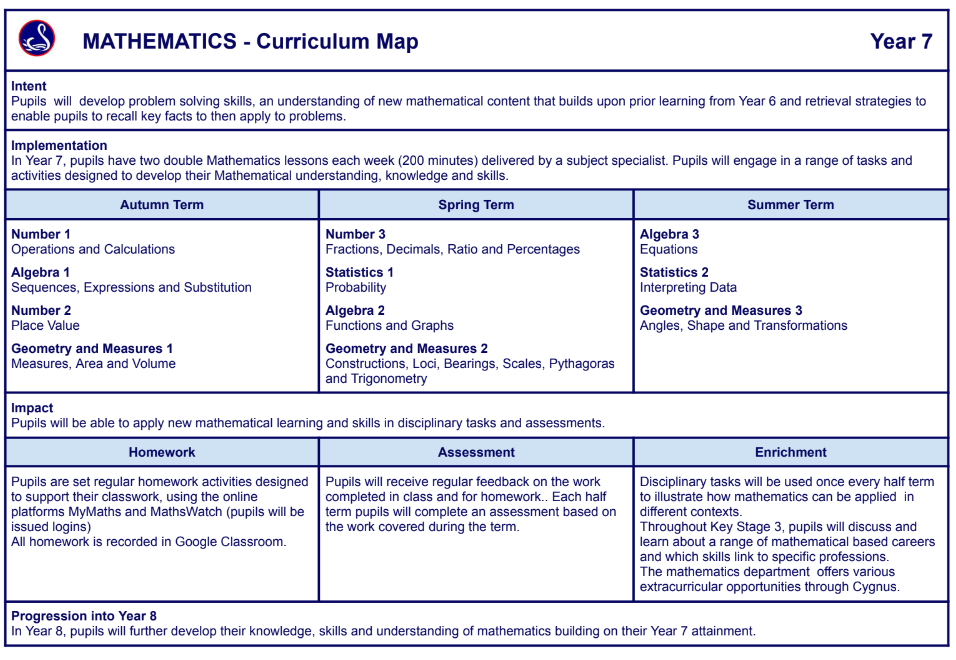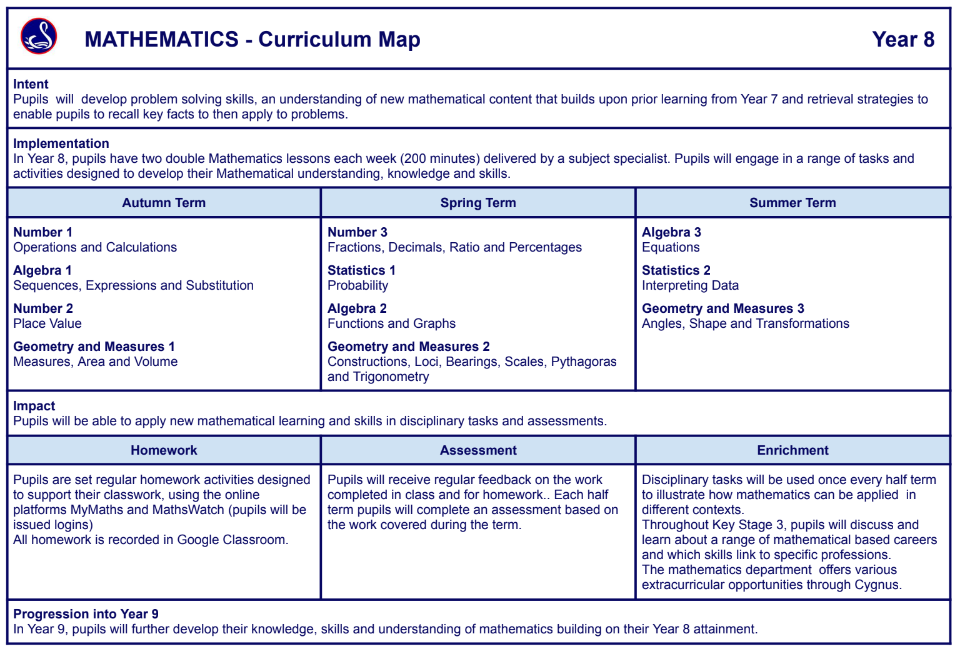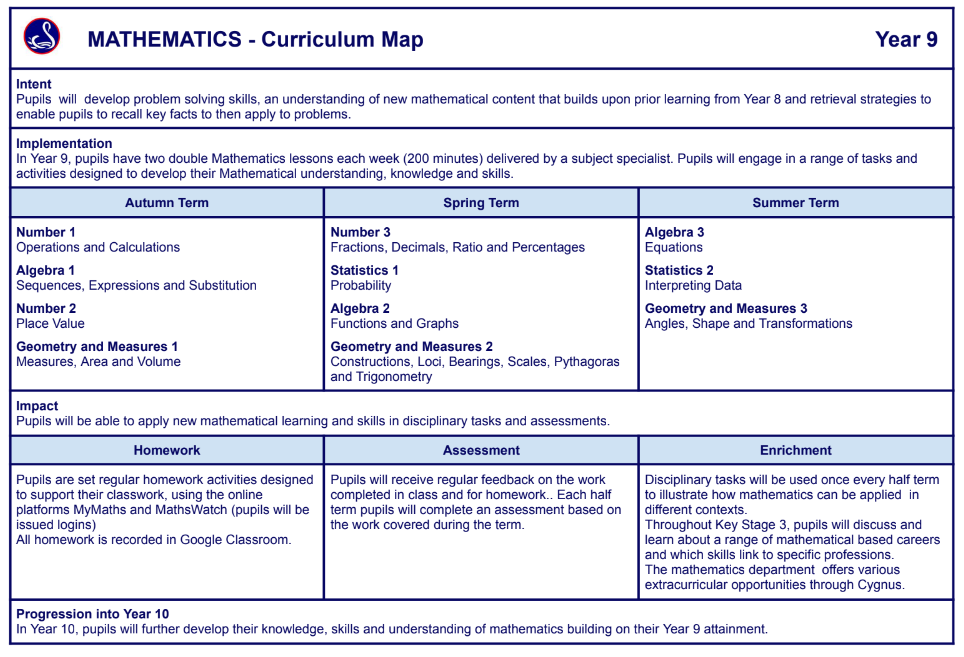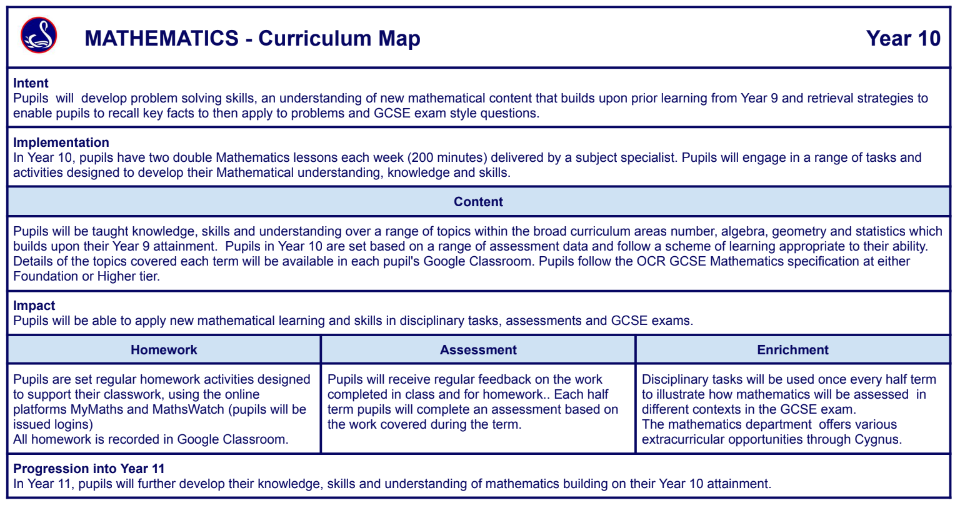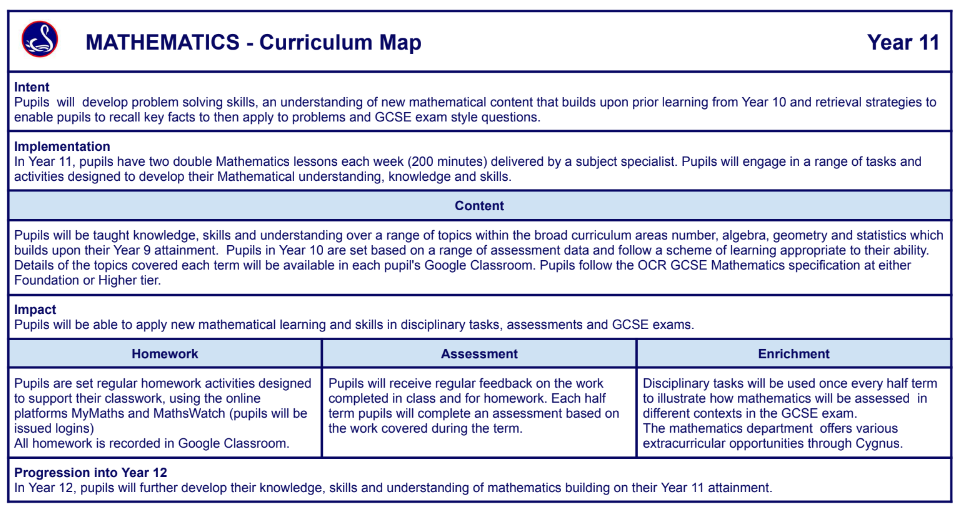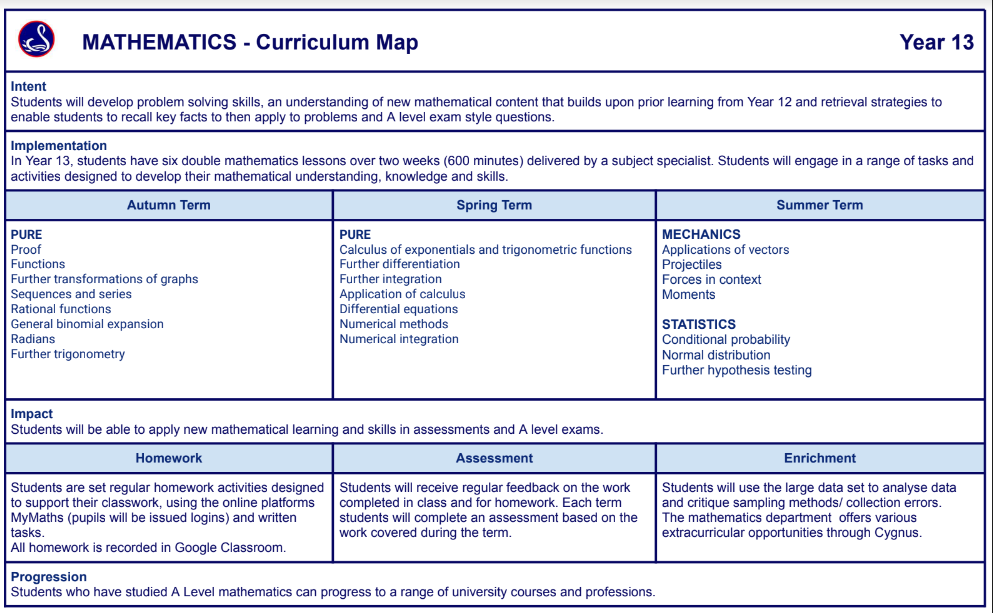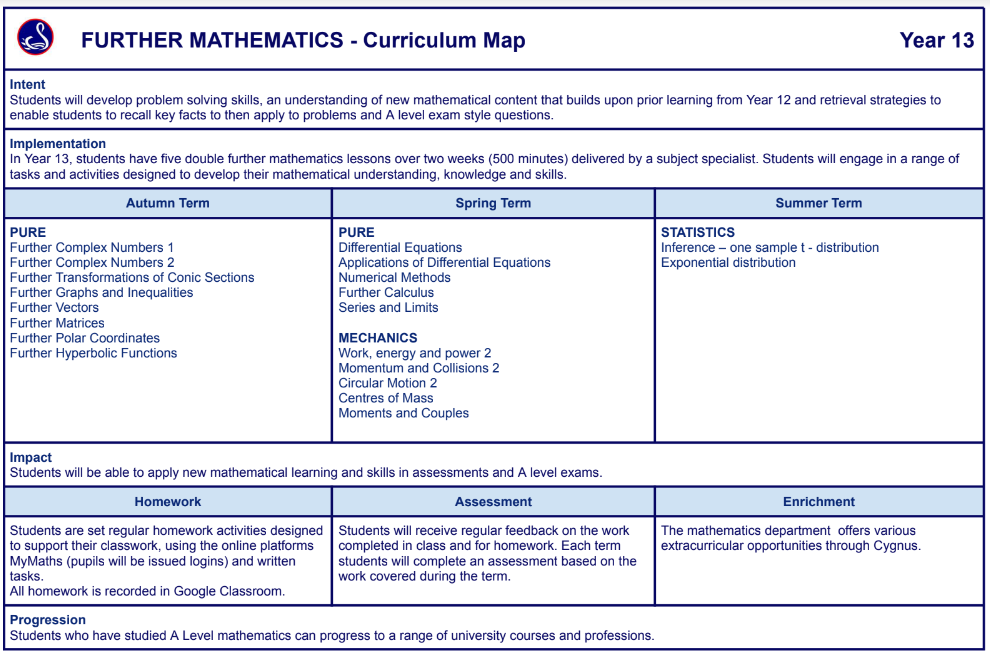Mathematics and computing
Our vision…
Mathematics is fundamental to understanding the universe we live in; not only does the study of mathematics provide vital skills for interacting in an increasingly competitive society but enjoyment and satisfaction as we explore our world, our abilities and our limitations.
We aspire to develop in our pupils a mathematical understanding alongside personal and social skills so that all contribute positively to the Chilwell community giving every student the opportunity to learn in a constructive and supportive environment developing a positive appreciation of numbers and maximising their numerical skill set. Along side this the faculty aims to equip pupils to function effectively, safely and usefully in a digitised world; to have the ability and awareness to communicate with the world in a responsible and informed way; to take with them the capability to use IT selectively and productively.
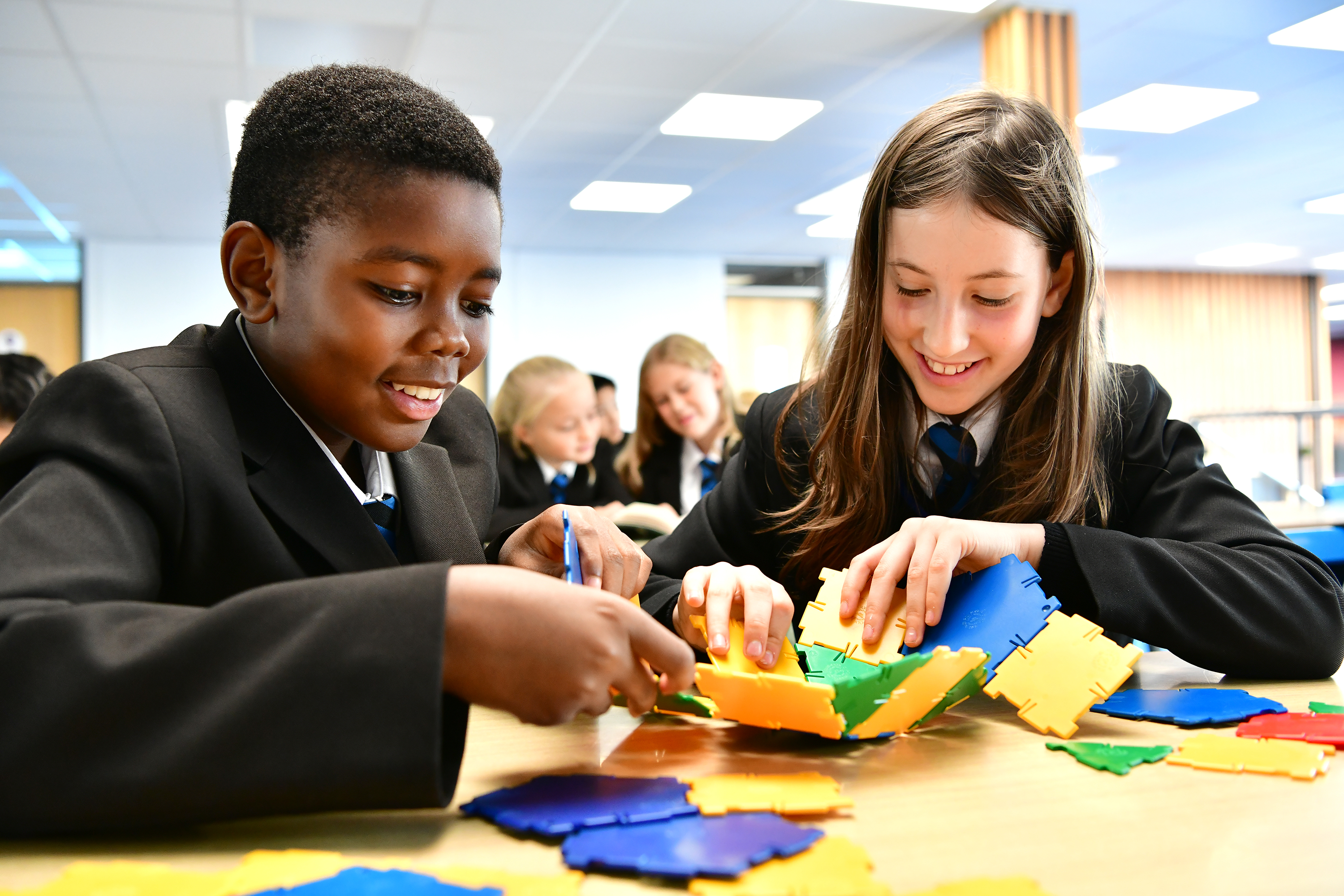
Subject Areas
- Computer Science
- Mathematics
Computer Science
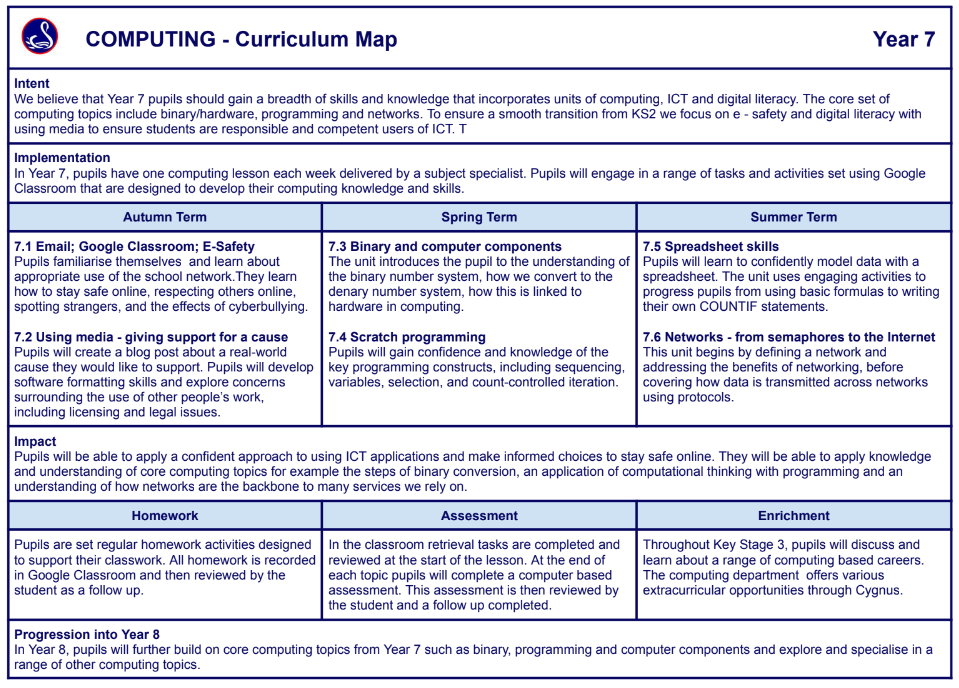
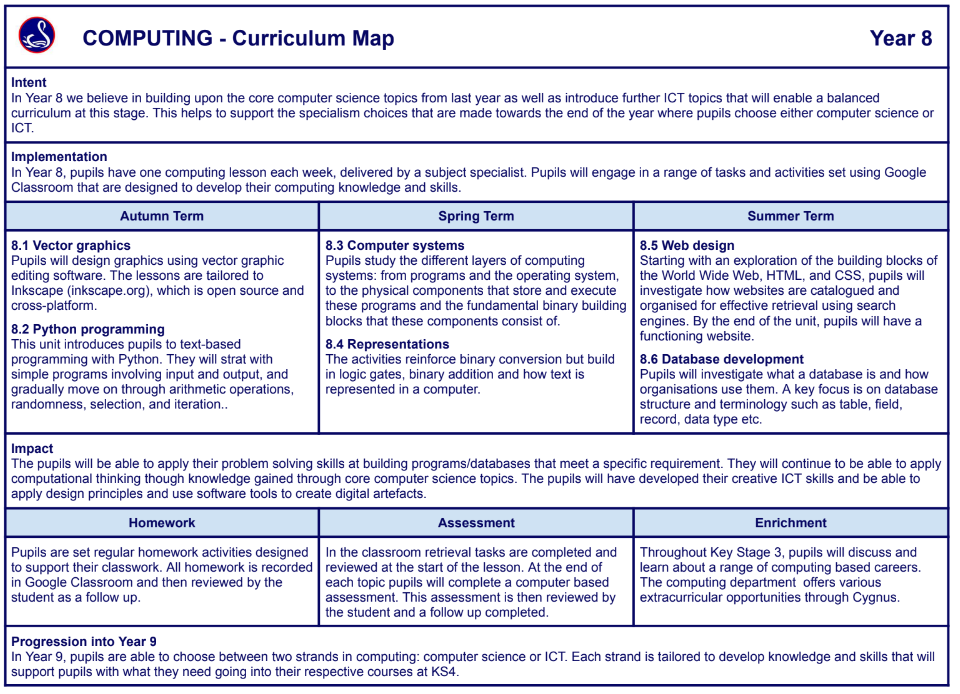
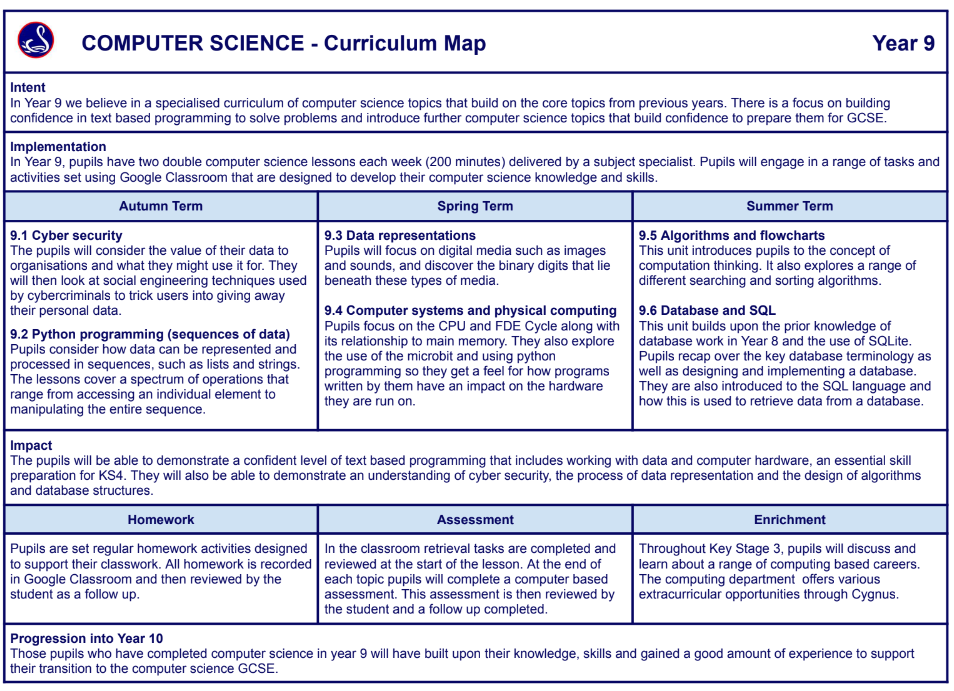
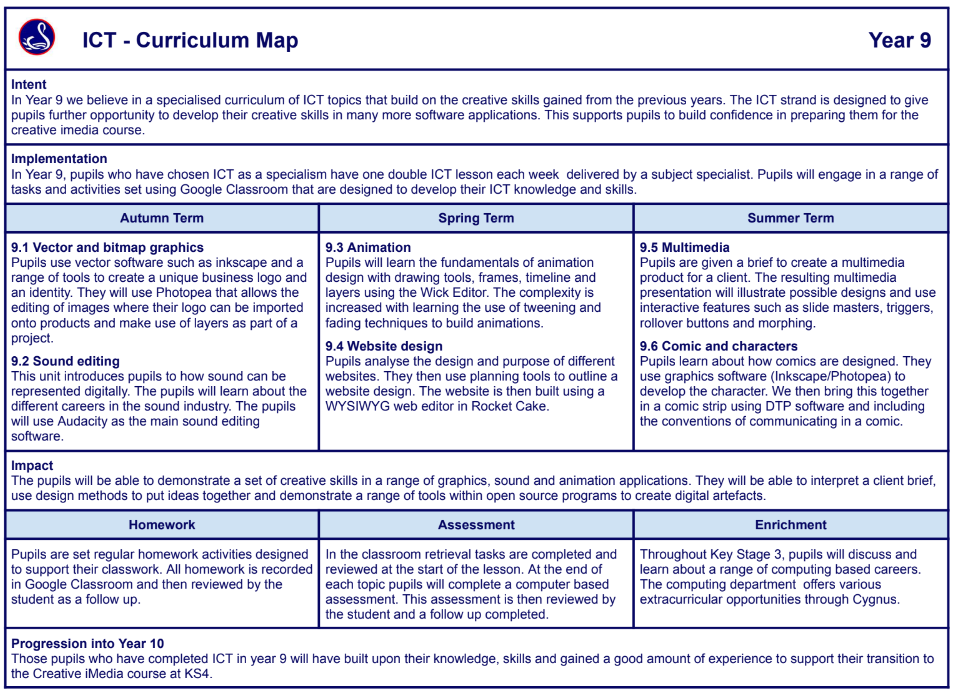
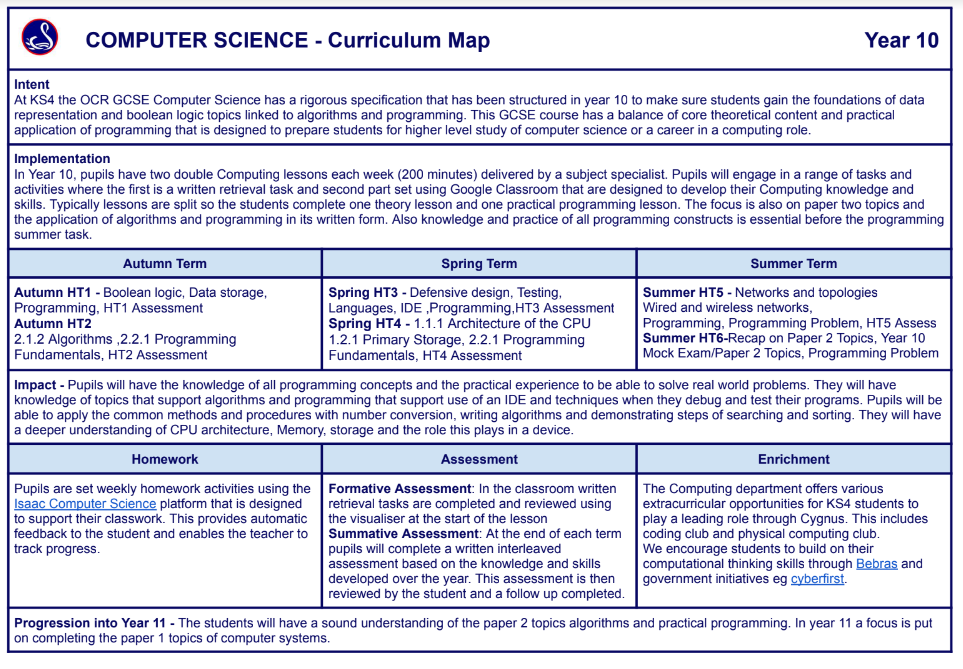
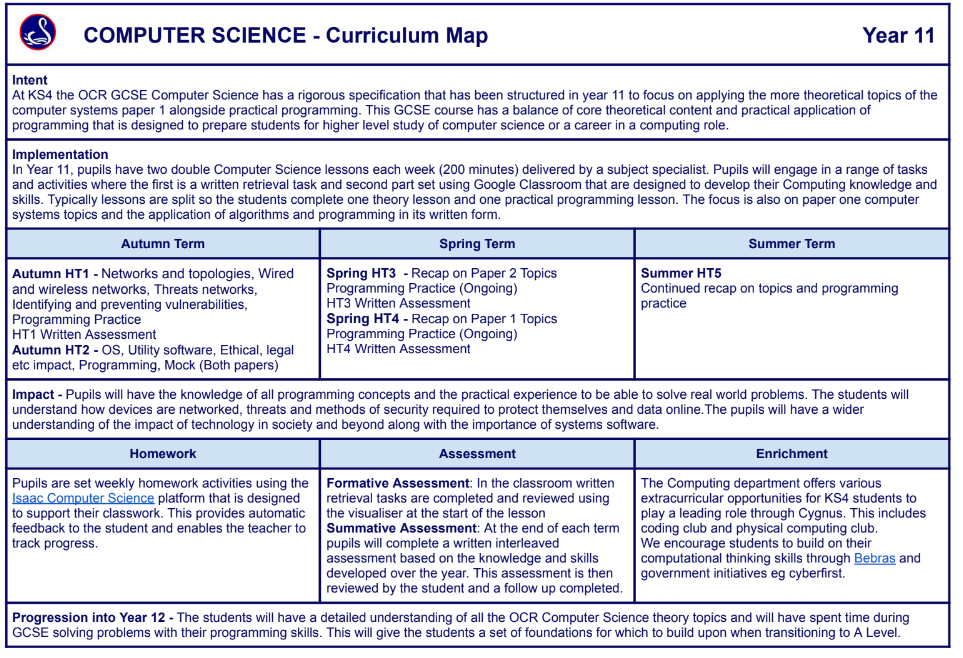
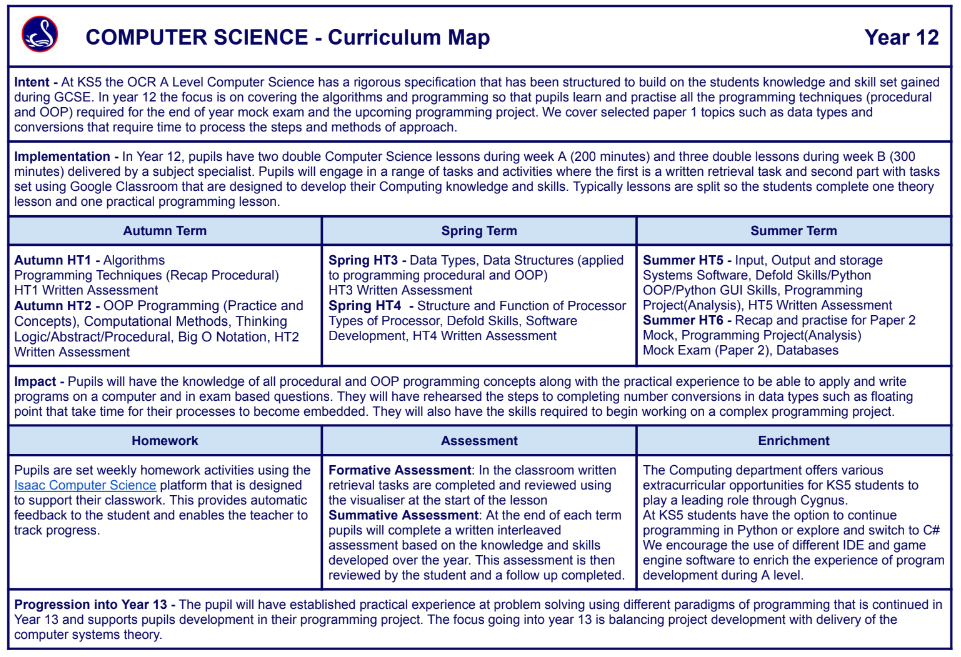
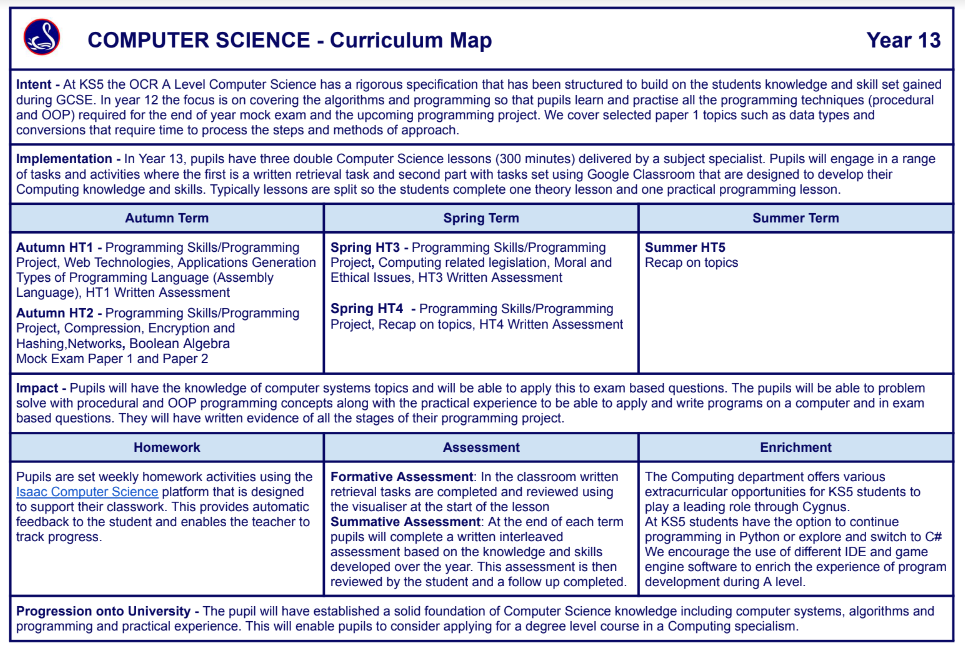
Mathematics
